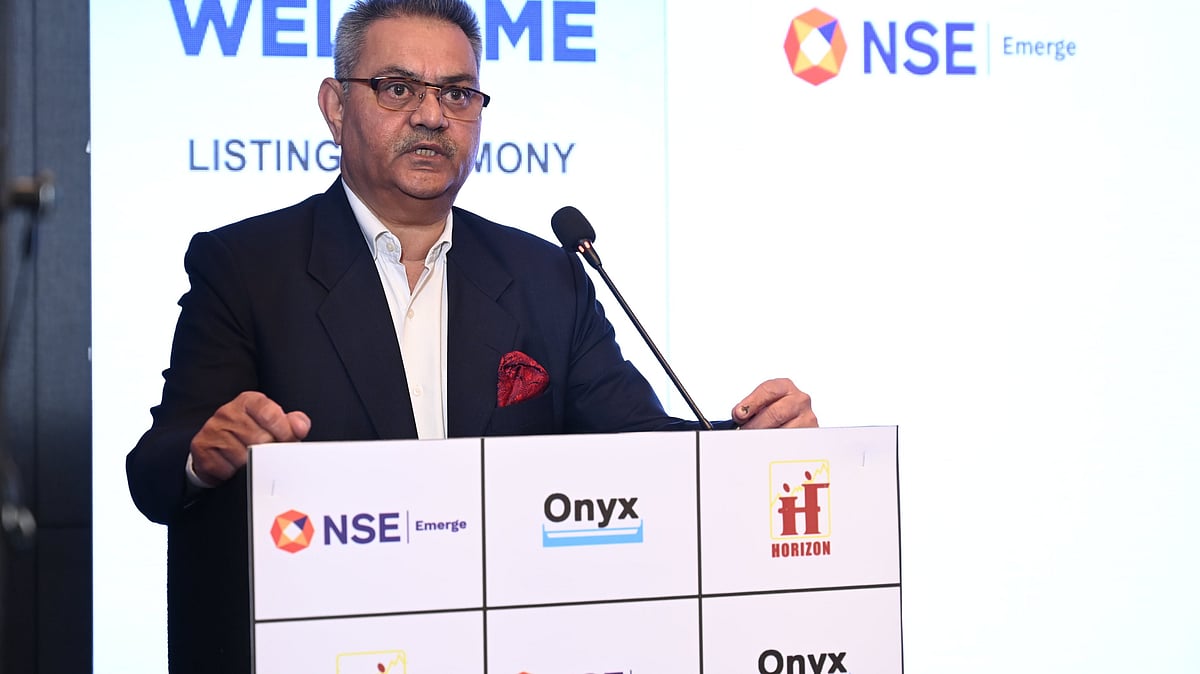An election of a lifetime is a few weeks away, with profound consequences for all. As Americans prepare to vote in the presidential elections, the world will watch keenly. It has been a campaign like no other. Against the backdrop of a pandemic with social and economic turbulence looming, the battle of the septuagenarians has raged on. It has revealed deep schisms in society, shrill polarisation on the airwaves and little room for nuance. The campaign may have gladdened ideologues on the right and left but it has ensured that centrists are faced with an unenviable dilemma.
Four years ago, Donald Trump made an emotive electoral pitch to ‘Make America Great Again’, which proved successful. He was able to appeal to the ‘forgotten majority’, the scores of workers across the heartland, putting their concerns at the forefront in a battle against the Washington insiders. The irony of a billionaire staking an anti-establishment prospectus was part of the appeal. Trump was clear in his aim to reduce immigration, advance a protectionist trade policy and realign foreign policy to suit his world view. Not for him the subtleties of stealthy diplomacy. He elevated bombast to an art-form and turned convention on its head. Even his arch critics would have to concede that he spoke plainly on the trail and in office.
In an age where politicians rarely seek to fulfil their promises, Trump sought to act as he promised. No one should be surprised that Trump took a hard line on immigration, signed executive orders to support domestic products, left the Trans-Pacific Partnership, withdrew from the Iran nuclear deal, challenged NATO and exited the Paris climate change accord. He had outlined an ‘America First’ vision, where multilateralism was deemed surplus to requirements and he governed accordingly. More than any world leader, it is also Trump that has dared to be assertive with China. It was also during his presidency that there were overtures to North Korea and an entente achieved between Israel and the United Arab Emirates.
Nonetheless, it is hard to ignore the extraordinary boorishness that has marked Trump’s presidency. His dismissal of different opinions has more in common with autocrats such as Putin and Orban, than a ‘leader of the free world’. His time in office has widened divisions, fostered entrenched positions and done little to encourage healthy dialogue. He has scorned allies and prefers to cast mutual respect aside. The widely condemned vitriol that Trump displayed in the first presidential debate of the current campaign encapsulated this mood.
Tellingly, former Secretary of Defense Gen Jim Mattis warned that he was ‘the first president in my lifetime who does not unite the American people’. Trump’s handling of the coronavirus has been a debacle, with denial and bluster dominating reason and common sense. The super-spreader reception at the White House over Amy Coney Barrett’s US Supreme Court nomination underlined how his administration has become a part of the problem.
For all that, Joe Biden has not come across as a fleet-footed wonder, though. His primary appeal really seems to hinge on not being Trump. Under examination, it is much less clear what he stands for and how he intends to deliver a prospectus for renewal. In campaign rallies, he has come across as rambling, forgetful and lacking energy. The paradox involved is that the less voters see Biden, the more likely they are to vote for him. No wonder that Trump taunted him as ‘Joe Hiden’! During the campaign he has managed to keep a coalition of strident leftists away from the limelight but they will resurface with vigour upon victory, with all manner of expensive and extreme demands. On law and order, Biden has chosen to stay scrupulously silent for fear of upsetting his leftist lobby. Overall, many of Biden’s plans are an ode to an old-school hankering for greater tax and spending. He has chosen to focus on redistribution but has little to say about wealth creation and sparking innovation. In other words, it would not be out of order to characterise this as a traditional big government offering with an avuncular veneer.
That said, it is Biden who is more likely to embrace multilateralism. He intends to rejoin the Paris climate change accord and to repair relationships with US alliances. Biden is likely to value NATO and affirm its importance. Traditional allies can hope for a dose of steadiness and predictability after four years of ‘known unknowns’. Domestically, Biden is also more likely to assiduously seek to heal divisions and rancour.
With a few weeks left, there is time for a late swing. Those who are prepared to write off Trump do so at their peril. He has defied logic before and do not discount him again. Still, a victory for Biden is likely to be interpreted by many as a vote to end the erratic and undignified Trumpian theatre that has posed as statecraft. The ineluctable truth is that many across the globe would regard a post-Trump era as the key to restoring America’s reputation and making it great again.
The writer is a London-based lawyer and political commentator.










